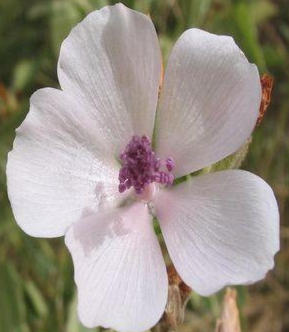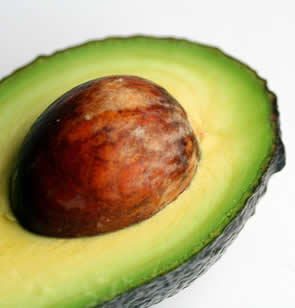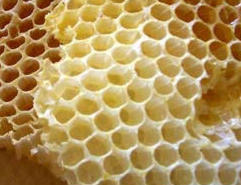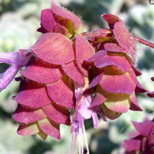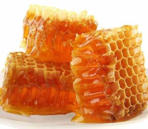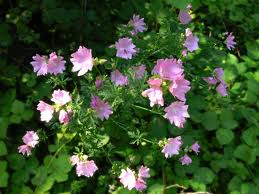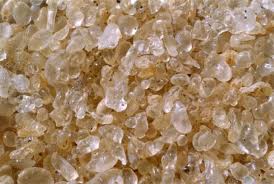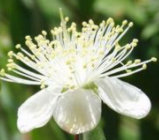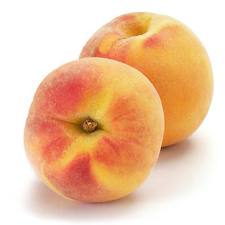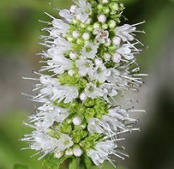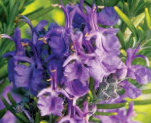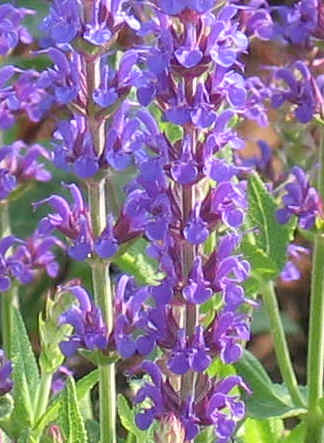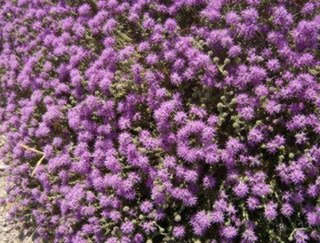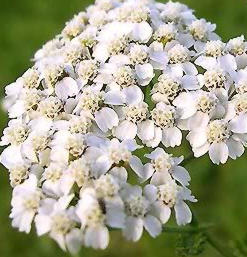
Marjoram (Origanum Majorana)
Marjoram is a somewhat cold-sensitive perennial herb or under shrub with sweet pine and citrus flavours, indigenous to the Mediterranean area.
|
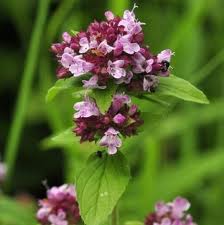 |
Health Benefits & Modern Medicinal uses
The use of herbal remedies, including the herb marjoram, are popular as an alternative to standard Western allopathic medicine for a variety of problems, including bruising, tonsillitis, and a natural disinfectant.
Origanum Marjorama is an effective remedy for various ailments, and this natural holistic approach to health is becoming more and more popular.
Marjoram has many beneficial properties, such as analgesic, antiseptic, anti-spasmodic, carminative, cephalic, cordial, digestive, emmenagogue, expectorant, laxative, nervine, restorative, sedative, tonic and vulnerary.
It is a relaxing, calming, warming, expectorant and restorative herb, used to help relieve spasms, while stimulating circulation and the uterus.
Internally is used for bronchial and chest complaints, tension headaches, anxiety, painful menstruation and minor digestive upset.
Marjoram is used externally for bronchial congestion, as well as muscular pain and strains, stiff joints and arthritis.
Infused in warm, not hot, extra virgin olive oil, this herb has been used in folklore for ear infections.
On the skin, it is useful in dispersing bruising and treating chilblains.
In Aromatherapy, essential oil made from sweet marjoram bolsters the mind and spirit and banishes the feeling of grief and loneliness. It is great for easing sore achy muscles and swollen joints, while stimulating peristaltic movements of the digestive system and helping with menstrual cramps.

